Herbs
Traditional Chinese Herbal Medicine (TCHM)
Traditional Chinese Herbal Medicine (TCHM) is one part of the larger Traditional Chinese Medicine system of healing, which includes acupuncture, dietary advice, and exercise. For a TCHM herbalist, the goal of treatment is to treat the internal imbalances at the root of bodily issues by prescribing individualized herb combinations.
on herbs
According to TCHM philosophy, Chinese herbs are prescribed to normalize imbalanced energy (“qi”) in the body. Whether or not the philosophy is believed, studies have shown Chinese herbal medicines to be successful in treating a range of disorders, particularly gynaecological and gastrointestinal disorders.
This system of herbal medicine differs in several significant ways from European herbal medicine. While traditional Chinese herbal medicine makes almost exclusive use of herbal combinations, Western herbal tradition focuses on “simples,” or herbs taken by themselves. More importantly, TCHM formulas aren’t designed to treat symptoms of a specific illness, but instead are tailored specifically to the individual according to the complex principles of traditional Chinese medicine. For this reason, TCHM is potentially a deeply holistic healing approach.
A national survey showed that about one in five Americans use TCHM. TCHM is widely used in Asian countries, both in its traditional holistic form and in a simplified disease-oriented version.
The substances TCHM practitioners most commonly use come from different leaves, roots, stems, flowers, and seeds of plants such as cinnamon bark, ginger, ginseng, licorice, and rhubarb. Ginseng is the most broadly used substance for the broadest set of treatments.
TCHM draws from 11,500+ substances that are mainly plant-based, but do include preparations from animal and mineral sources. If you are opposed to the use of animal products in your treatment, please let your practitioner know.
Chinese herbal formulas supplement acupuncture and can be used to treat virtually any condition. Some of the most common uses in Asia include acute illness (flu, common cold, bug bites) to chronic diseases (such as allergies, gynecological disorders, autoimmune diseases, viral diseases, and degenerative diseases due to aging). Herbal medicine can also help maintain or create balance and health before disease sets in.
For a full list of conditions that could benefit from Chinese herbal medicine, click here.
(Below is a deeply simplified explanation; consider this a small taste!)
According to the principles of all Chinese medicine, health exists when the body is balanced and its energy is freely flowing.
- “energy” refers to Qi (life energy that is said to animate the body).
- “balance” refers to the relative factors of yin and yang (the classic Taoist opposing forces of the universe).
In an ideal state, yin and yang in all their forms are perfectly balanced in every part of the body. However, external or internal factors can upset this balance, leading to disease. Chinese medical diagnosis and treatment involves identifying the factors that are out of balance and attempting to bring them back into harmony.
Diagnosis according to TCHM differs greatly from Western diagnosis. To understand this, consider 2 hypothetical patients who both present the single Western diagnosis of migraine headaches. In TCHM:
- Patient 1 might be diagnosed with “dryness in the liver & ascending Qi,” while
- Patient 2 might be diagnosed with “exogenous wind-cold.”
Based on these differing diagnoses, entirely different remedies might be applied. In other words, there is no such thing as a TCHM remedy for migraines per se; rather, treatment must be individualized to the imbalance determined by traditional theory.
on our practice
Herbs are combined into a formula that is dispensed as pills, powders, tinctures, or bulk herbs. Our clinic delivers herbs in powder form, as it’s the most effective way to customize herb combinations based on your specific symptoms and most convenient for patients to use.
Powdered herbs have already been processed, so you’ll only need to measure them out and dissolve it in hot water, or eat it and drink water to swallow (like you would with pills).
The only drawback to powdered herbs is that many herbs have strong flavors which you may (or may not) find pleasant. If the flavor truly hinders you from taking personalized medication, please let your practitioner know so that we can adjust the taste.
This can vary on a case-by-case basis. Generally, if an acute condition is being treated, you can expect to see results fairly quickly using herbs. If the condition is more chronic, you may need to take the herbs for a longer period of time before you achieve lasting results. It is important to keep your practitioner informed of any changes in your condition so that they can modify your treatment accordingly.
To guarantee the best pricing, quality, and sources for our patients, we gather our herbal combinations from three different dispensaries – Evergreen, KPC Herbs, and Sun Ten. All three dispensaries meet international and US industry standards, and comply with Good Manufacturing Practice (GMP) certification, which requires rigorous testing for heavy metals, bacteria, pesticides, and other contaminants.
If you’re interested in looking further into sourcing and quality, check out the links below, which will take you to the quality control pages of each of the three dispensaries.
In most cases, yes. Some formulas are only meant to be taken short-term. Ask your practitioner how long you should expect to be on a particular formula. Often, formulas will be modified over time as your condition or symptoms change.



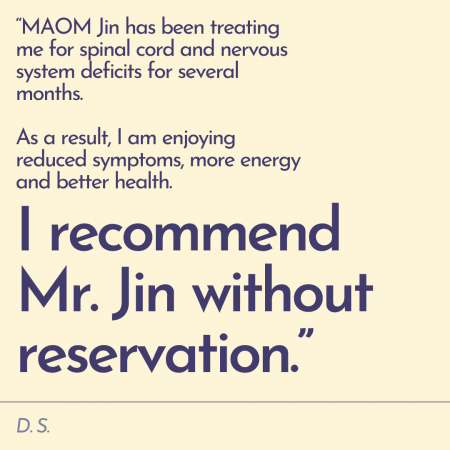


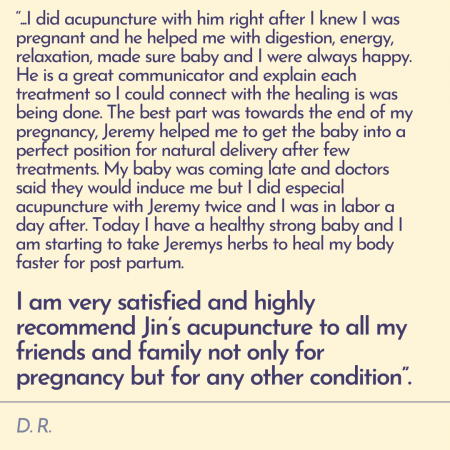
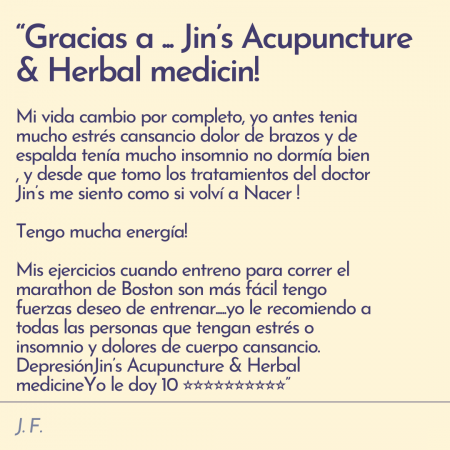
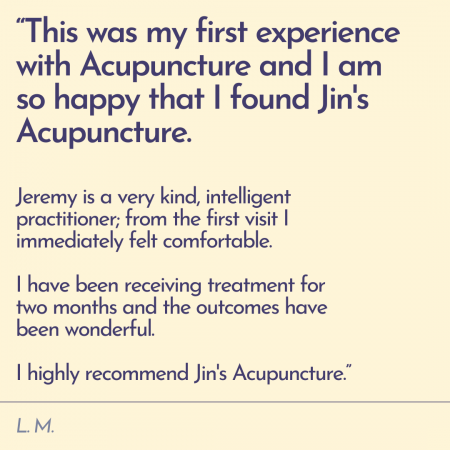
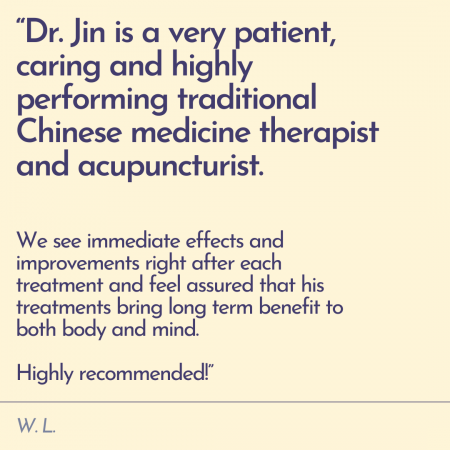
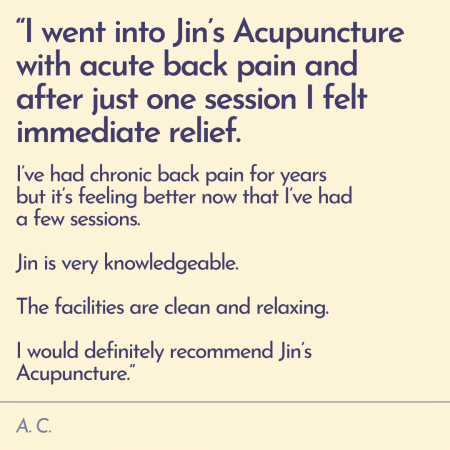
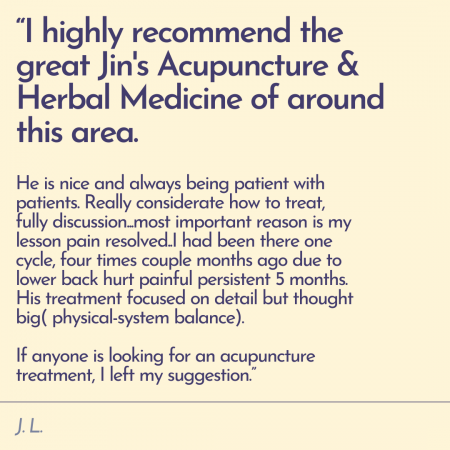
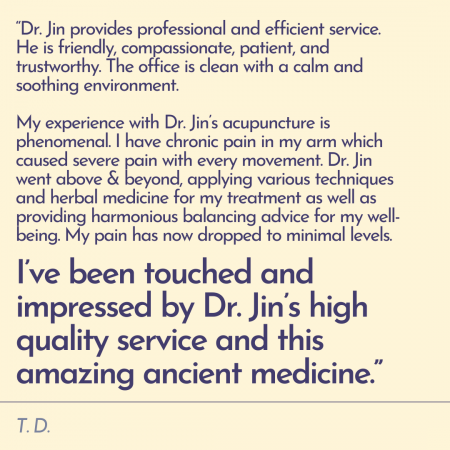

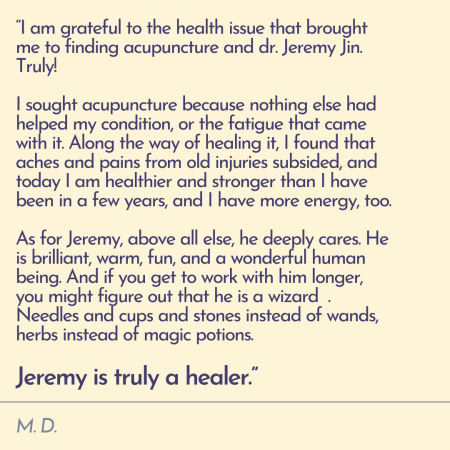

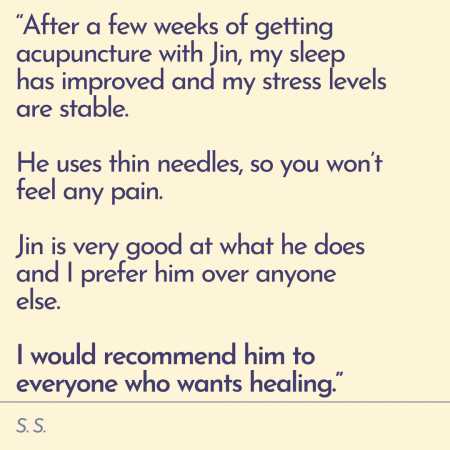
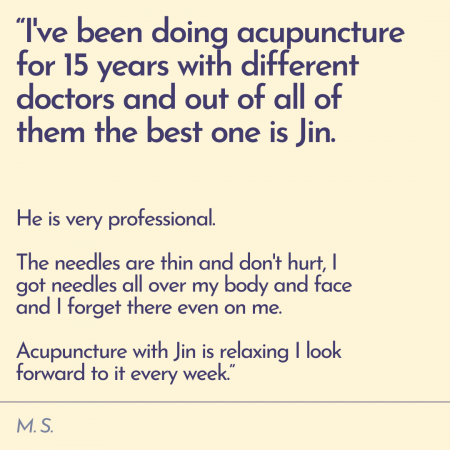
 text or leave a message:
text or leave a message: 
 Cambridge
Cambridge